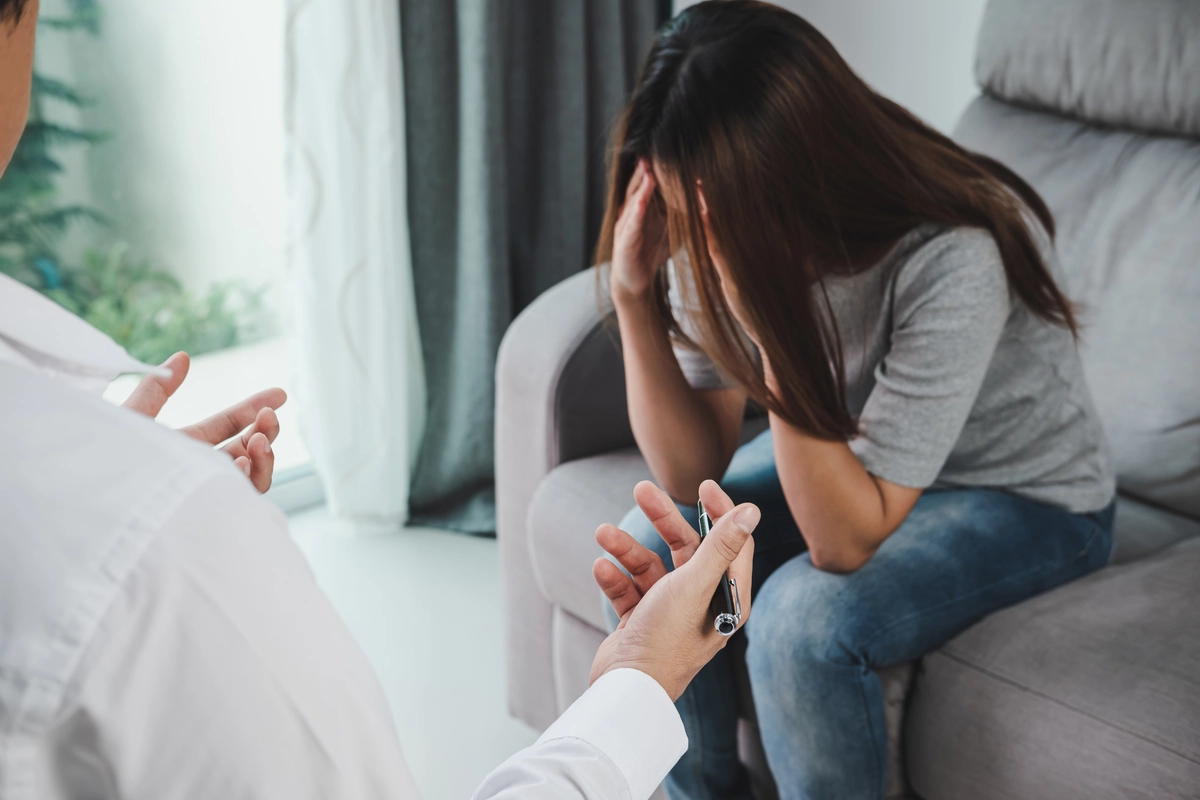24/7 Helpline:
(866) 899-221924/7 Helpline:
(866) 899-2219
Learn more about Outpatient Rehab centers in Gibbs
Outpatient Rehab in Other Cities

Other Insurance Options

Kaiser Permanente

Self-pay options

Molina Healthcare

CareFirst

Access to Recovery (ATR) Voucher

EmblemHealth

Coventry Health Care

BlueShield

BlueCross

Cigna

Evernorth

Magellan

Medical Mutual of Ohio

PHCS Network

American Behavioral

State Farm

Private insurance

Magellan Health

BHS | Behavioral Health Systems

Anthem


Preferred Family Healthcare – Jamison Street
Preferred Family Healthcare is a mental health, behavioral health, and dual diagnosis treatment cent...

Mark Twain Behavioral Health
Mark Twain Behavioral Health is a private rehab located in Kirksville, Missouri. Mark Twain Behavior...

Preferred Family Healthcare
Preferred Family Healthcare offers a residential and outpatient program, CPRC, RCF, Prevention, Heal...


































Integrative Wellness Institute
Integrative Wellness Institute is a private rehab located in Kirksville, Missouri. Integrative Welln...

AA – Alcoholics Anonymous
AA – Alcoholics Anonymous is a non-profit rehab located in Kirksville, Missouri. AA – Alcoholics Ano...
















